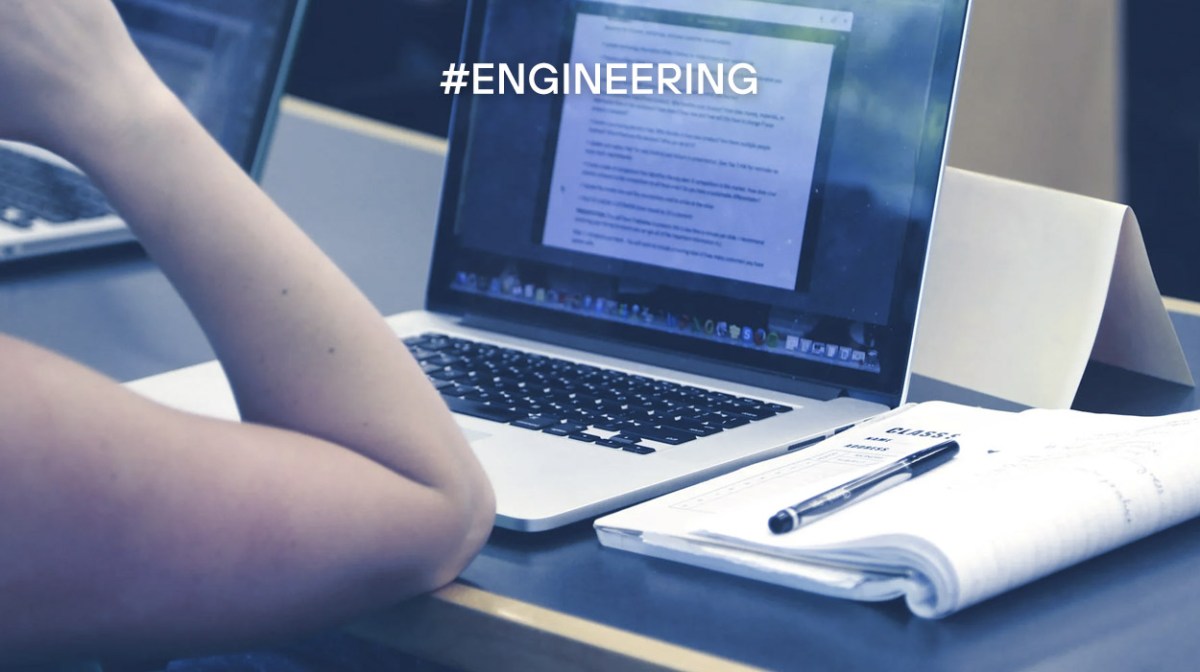Although it may be a very broad term, what does engineering consist of?
According to Copilot, engineering is a discipline that applies scientific and mathematical knowledge to solve problems and meet human needs. This includes the design, construction and maintenance of structures, machines, devices, systems and processes.
For Juan de la Cierva, the Spanish aeronautical engineer who invented the autogyro, the precursor to the helicopter, it all started with a keen curiosity about aviation. He eagerly read everything he could find about the latest developments in aeronautics and inventors. And that became his profession.
That’s why engineers can work in a wide variety of fields, such as civil, mechanical, electrical, chemical engineering, and many more. Each branch focuses on different aspects of life and technology, from building bridges and buildings to developing software and creating new materials. The final decision is yours.
What branches or types of engineering are there?
Every day, through my colleagues’ children, I learn about more branches, degrees and master’s degrees. In my day, mechanical, telecommunications, industrial and naval engineering were the ones we had in Galicia. And within those branches, there were electricity, electronics, materials and organisation.
Today, not only are there more branches, but everything has grown and become more specialised. They have evolved as life has evolved, with the advent of the internet, the evolution of the network and advances in communications, renewable energies, new materials… All professions are changing, and we are an important pillar that serves as a reference for many other professions. At Telefónica, we have that fundamental role. We are a reference and must serve as an example.
What career opportunities are there for engineering students?
When I was studying, engineers said we were good at everything, and that was a good reason to study the degree. We’re not really good at everything, but it does give you a foundation that allows you to grow wherever you want. You choose the sector you like and are interested in to start your professional training, and it’s up to you to get where you want to be. Of course, you always need courage, honesty and a lot of effort.
And I think it’s important to point out that you should also look for your manager, the company and your colleagues to be role models for you. That way, you won’t fall into a rut, get bored or become apathetic. We spend a lot of time working in our lives, and I think it’s important to feel good about what you do.
In my case, another important reason was that there were more job opportunities. We’re talking about a country that has always had high unemployment. And I have to say that when I’ve been unemployed, it’s only been for a short time and to grow professionally.
What is the relationship between engineering and the evolution of new technologies?
For me, new technologies aim to make our lives easier. What an untechnical answer, ha ha, but that’s how it is. At the end of the day, we want to live better, with more comforts, have more time for ourselves and to take care of our environment. New technologies help us improve our health, transport in cities, towns, between countries and continents, and help us interact on a professional and personal level. They make it easier for us to learn and see our mistakes so we can improve, thanks to the way they make our lives, work, transport and health easier.
And in particular with Artificial Intelligence?
AI is all the rage. It’s very useful, but you have to bear in mind that it always depends on the data you feed it. We all play a part in this and we must be responsible. In Engineering, we are using it through an increasingly effective application, IngenIA. There is a team working on it right now, and I like using it, but it has a lot of room for improvement.
It can save time when writing specifications and large tenders, as well as when searching for similar technical solutions implemented by other companies to guide a new one. It helps us keep our customer database up to date and, in the future, save on licences for other applications, such as SALESFORCE.
How has engineering evolved precisely thanks to advances in these technologies?
Some advances change the way we work, and most of the time they become more efficient over time. But there are always several dangers here. We workers must be open to change, and our managers must be open to putting new procedures on the table, but listening to what the team that will be using those procedures has to say about improvements. It is not enough to just send out new procedures.
Nor should you make basic changes to normal operations without first allowing a pilot to be carried out and a few phases to be implemented so that concepts can be assimilated and training provided, while continuing to work at 100% capacity so that the customer does not notice our internal changes.
Moving on to more specific topics, what does the work of a pre-sales engineer involve?
It’s an essential role in the sales team; I always thought so even when I wasn’t part of it. Customers are becoming increasingly specialised in technology and need a team that is also specialised, but with an open mind. In engineering, we need to be up to date with the catalogue both within Telefónica and outside it. We need technical, administrative and financial knowledge of the solutions to cover communications and IT. And we have to be objective with manufacturers, suppliers, etc. We have to have our own criteria that sets us apart from other engineering teams in other companies.
And engineering project management?
The pre-sales engineering team is increasingly linked to the project management team. We have to work together; our offer has to be feasible. And in the event of technical or economic changes, we must be able to resolve them in the most transparent way for the customer.
The fact that both teams have common training and meetings means that we are informed of the problems that we may encounter in each position; knowledge is power. And from there we learn so that in the future, technical solutions on paper are executed on time and within budget, with the total satisfaction of the customer and the entire sales team. We all win.







